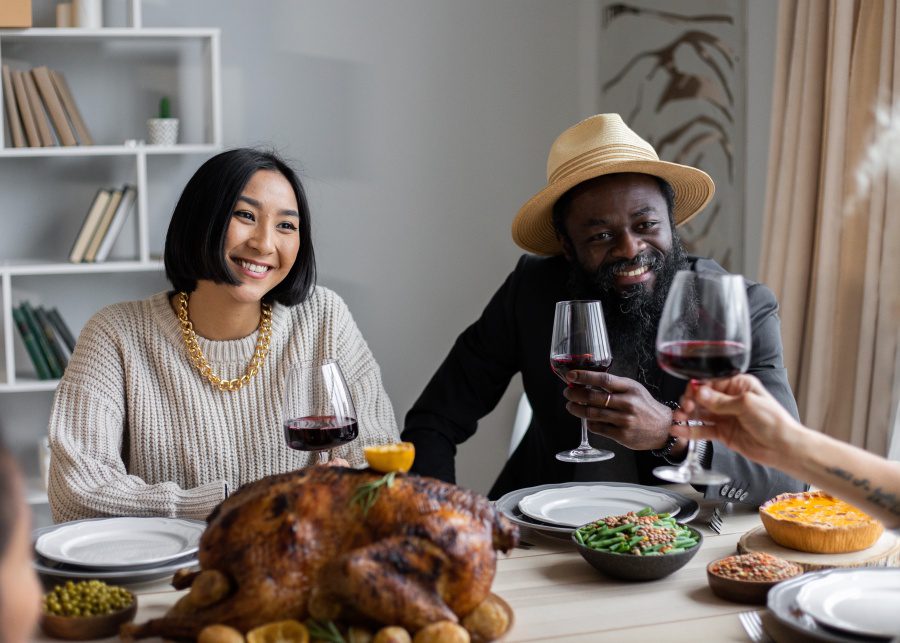
Examining the American Thanksgiving holiday reveals problematic historical roots. Time to create some new traditions.
Americans are not unique in having an autumnal harvest festival to celebrate and give thanks for the bounty of the year. But the annual American Thanksgiving holiday does come with a uniquely shameful set of cultural baggage. Our treatment of Native Americans is terrible, a history that many would rather forget—or whitewash over with the myth of English pilgrims and Wampanoag Indians sharing a meal together in peace and harmony. Indeed, the Wampanoag tribe marks the fourth Thursday in November as a day of mourning for the devastation their people suffered as a result of colonisation.
A teachable moment
And so where does that leave Americans like me? Some have decided to stop celebrating the holiday altogether or have chosen to use it as a teachable moment for their children. Others have decided to focus on simply giving thanks, while consigning the racist backstory to the dust heap of history.

Indeed, despite the dubious origin story, Thanksgiving would not be an American national holiday if it were not for Sarah Josepha Hale, an editor of the popular magazine Godey’s Lady’s Book, who campaigned for the creation of the holiday to promote unity and reconciliation during the American Civil War. As a result of her efforts, on 3 October 1863, President Abraham Lincoln proclaimed a national day of thanksgiving to be celebrated on Thursday, November 26.
To be honest, the pilgrim myth was never a large part of my family’s American Thanksgiving celebrations; for us it was a day to give thanks and to be with family. And, frankly, I feel like we could all use more holidays that are centred around gratitude, generosity, and reconciliation. So as my husband and I create family traditions for our daughter, we’re emphasising the mindfulness of the holiday and the ritual of counting our blessings. And a good way to start, I think, is by flipping the narrative to celebrate the Wampanoag tribe—and also learn about their heritage and history. (I think enough has been said about puritanical pilgrims, don’t you?) We’ll learn some (age appropriate) uncomfortable truths about American history along the way, but that is to the good.

New traditions
And so to welcome this year’s American Thanksgiving holiday, I would like to count my blessings while also being aware of my privilege. There are many things for which I am thankful (my health, my education, my job) that perhaps would not be available to me if my race and my socio-economic situation were different. I don’t think this means that I have rend my clothes and wear sackcloth and ashes. But when we count our blessings, I hope our next instinct is to share those blessings with others. And not just with family and friends, but also with those who look different, or speak differently, or believe differently. And while we are sharing those blessings, to look for ideas and values that we share, that bridge our differences, that create reconciliation.

